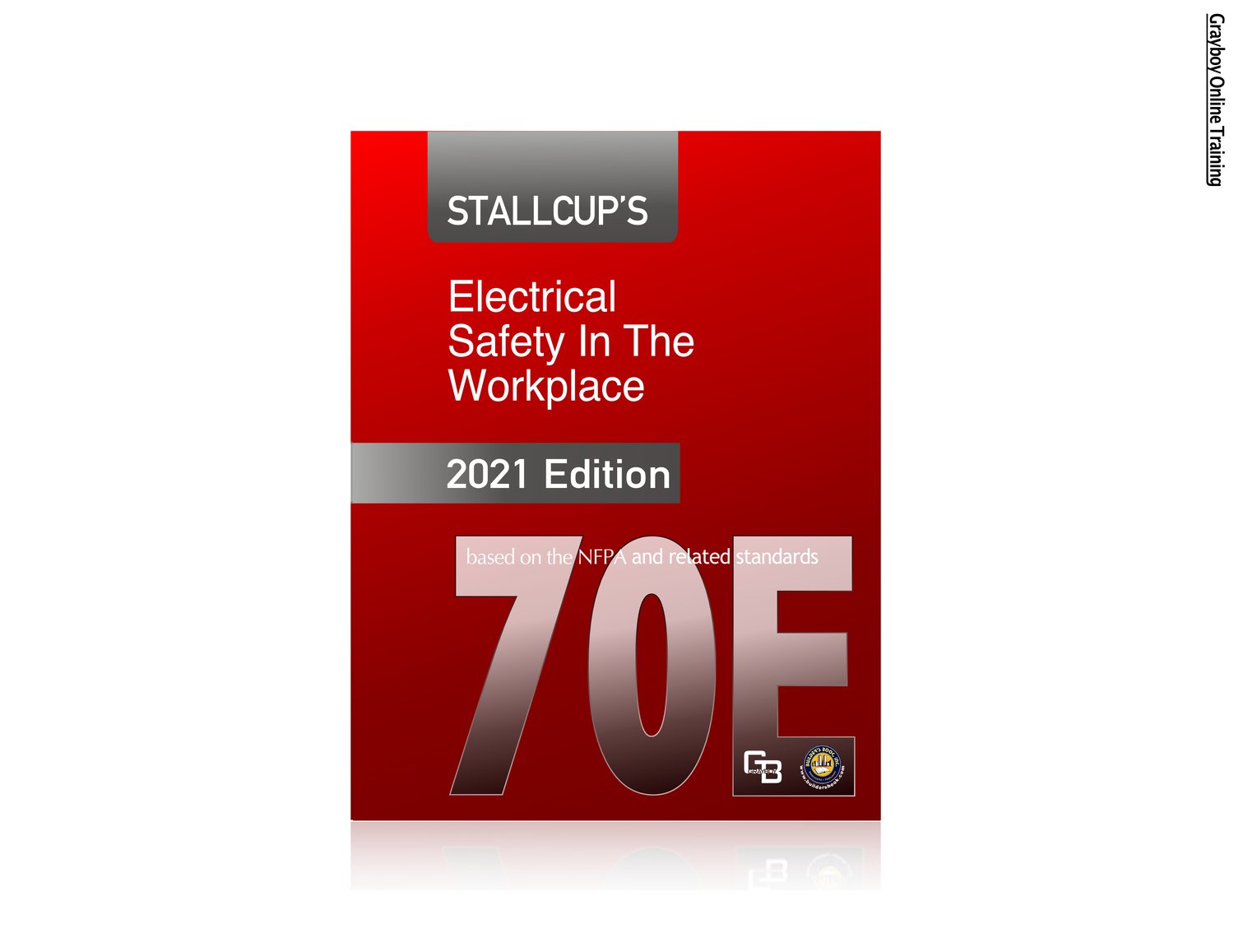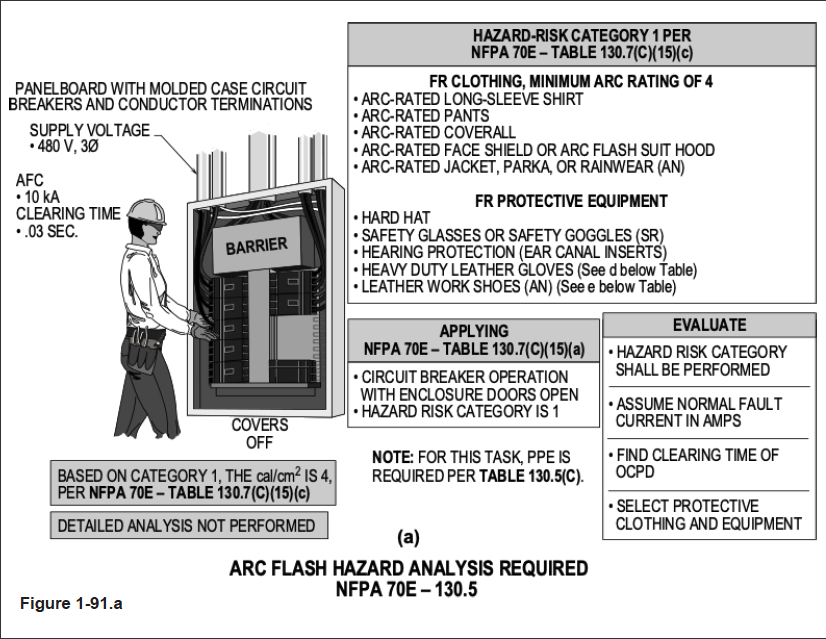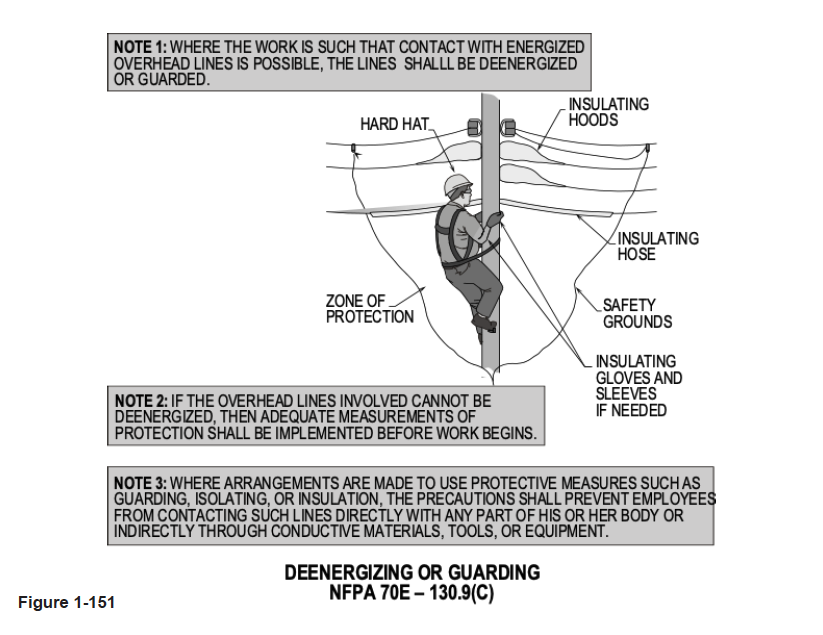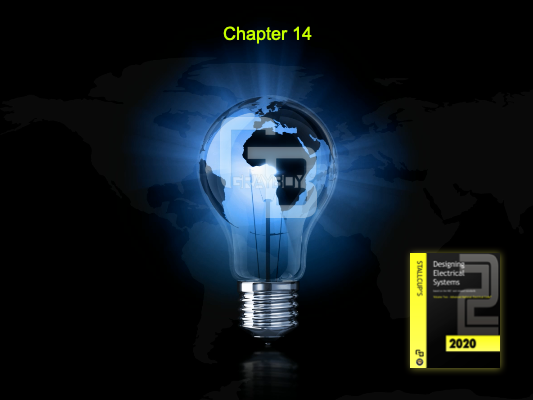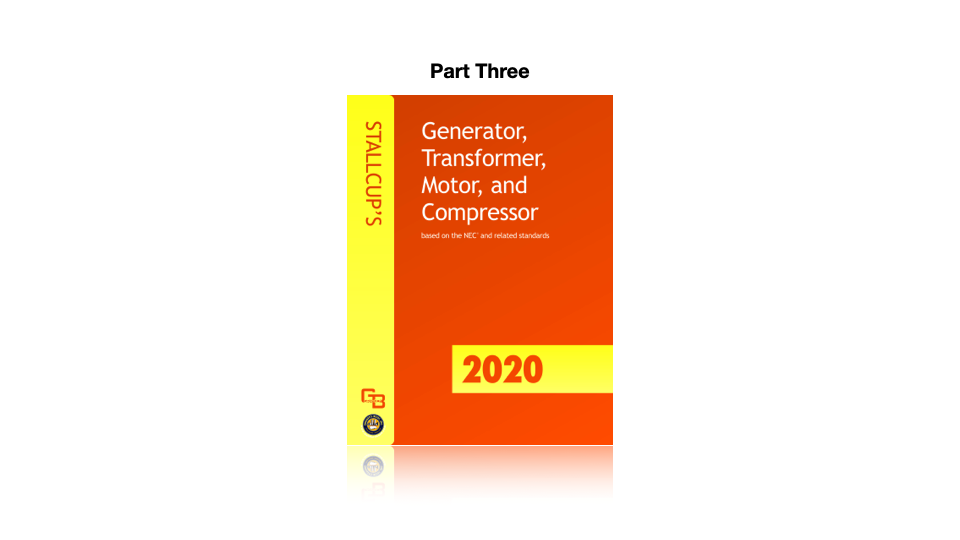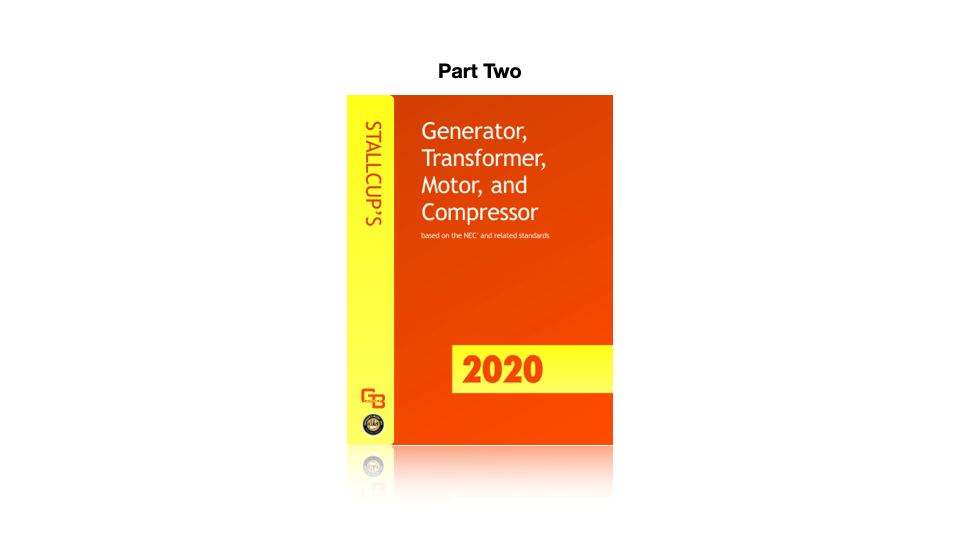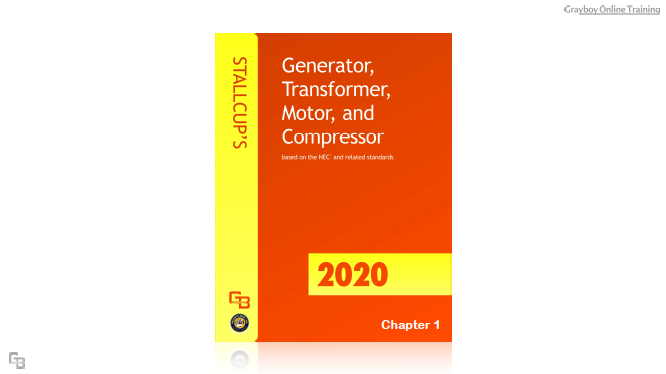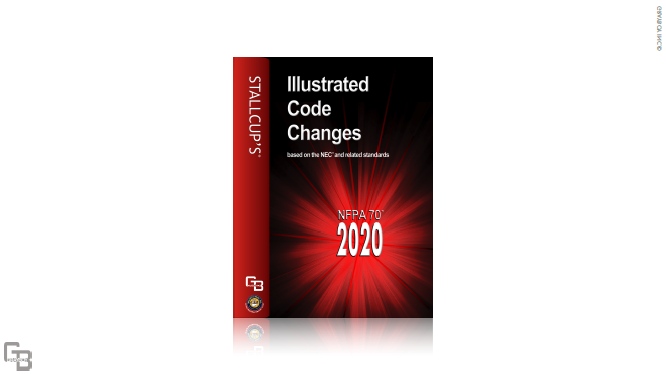Stallcup's NFPA 70E. Electrical Safety In The Workplace Presentation - 2021
On Sale
$127.00
$63.50
Printed Text Book: https://www.buildersbook.com/stallcup-s-nfpa-70e-electrical-safety-in-the-workplace-2021.html
Number of Slides: 353
This book was developed to make electrical safety easy to understand and enforce. The rules are taken from NFPA 70E®, Electrical Safety In The Workplace, and correlated with OSHA 29 CFR 1910, Subpart S; OSHA 29 CFR 1926, Subpart K; ANSI C2, National Electrical Safety Code, (NESC); and NFPA 70, National Electrical Code (NEC), as well a NFPA 70B, the maintenance standard..
Many designers, installers and inspectors have trouble understanding, interpreting, and applying the electrical requirements listed in the above standards and codes. These requirements have been assembled and correlated in such a manner as to be easily understood. To help expedite the time involved in finding the rules and applying the requirements for general industry, sections in each standard have been listed for fast reference.
Designers must design and lay out electrical systems to meet the provisions of the OSHA standards. Installers are required to install and wire electrical systems to comply with the NEC and provide safety for the employee working in his or her workplace. Inspectors must inspect the electrical system to ensure that it not only complies with the NEC but also provides the necessary safety requirements of OSHA and NFPA 70E.
To be inline with NFPA 70E, OSHA Electrical Regulations Simplified is divided into four chapters:
Chapter 1: Safety-Related Work Practices
Chapter 2: Safety-Related Maintenance Requirements
Chapter 3: Safety Requirements for Special Equipment
The Standard NFPA 70E was developed by NFPA at the request of OSHA. OSHA needed this standard to help them keep as current as possible with the requirements in the NEC that pertain to safety-related work practices, including the newly implemented arc-flash requirements. The OSHA standards are rarely changed and therefore lag behind the NEC as well as other codes and standards.
Throughout the book you will find examples and illustrations as well as the highlighted text Standards to review, which interface OSHA, NFPA 70E, NFPA 70B, and the NEC, where applicable.
NFPA and the authors hope that the material in this book will be a useful aid in making the jobs easier for those persons who are responsible for complying with these rules and regulations.
Table of Contents
Chapter 1 is divided into four Articles, and they are as follows:
Article 110: General Requirements for Electrical Safety-Related Work Practices
Article 120: Establishing an Electrically Safe Work Condition
Article 130: Work Involving Electrical Hazards
Chapter 2 is divided into eleven articles and they are as follows:
Article 200: Introduction
Article 205: General Maintenance Requirements
Article 210: Substations, Switchgear Assemblies, Switchboards, Panelboards,
Motor Control Centers, and Disconnect Switches
Article 215: Premises Wiring
Article 220: Controller Equipment
Article 225: Fuses and Circuit Breakers
Article 230: Rotating Equipment
Article 235: Hazardous (Classified) Locations
Article 240: Batteries and Battery Rooms
Article 245: Portable Electric Tools and Equipment
Article 250: Personal Safety and Protective Equipment
Chapter 3 is divided into six articles, and they are as follows:
Article 300: Introduction
Article 310: Safety-Related Work Practices for Electrolytic Cells
Article 320: Safety Requirements Related to Batteries and Battery Rooms
Article 330: Safety-Related Work Practices for Use of Lasers
Article 340: Safety-Related Work Practices – Power Electronic Equipment
Article 350: Safety-Related Work Requirements
Research and Development Laboratories
OSHA 1910.331 thru .335: Safety-Related Work Practices
QUESTIONS & ANSWERS
ANNEX A
ANNEX B
ANNEX C
ANNEX D
ARC FLASH
FORMS
Number of Slides: 353
This book was developed to make electrical safety easy to understand and enforce. The rules are taken from NFPA 70E®, Electrical Safety In The Workplace, and correlated with OSHA 29 CFR 1910, Subpart S; OSHA 29 CFR 1926, Subpart K; ANSI C2, National Electrical Safety Code, (NESC); and NFPA 70, National Electrical Code (NEC), as well a NFPA 70B, the maintenance standard..
Many designers, installers and inspectors have trouble understanding, interpreting, and applying the electrical requirements listed in the above standards and codes. These requirements have been assembled and correlated in such a manner as to be easily understood. To help expedite the time involved in finding the rules and applying the requirements for general industry, sections in each standard have been listed for fast reference.
Designers must design and lay out electrical systems to meet the provisions of the OSHA standards. Installers are required to install and wire electrical systems to comply with the NEC and provide safety for the employee working in his or her workplace. Inspectors must inspect the electrical system to ensure that it not only complies with the NEC but also provides the necessary safety requirements of OSHA and NFPA 70E.
To be inline with NFPA 70E, OSHA Electrical Regulations Simplified is divided into four chapters:
Chapter 1: Safety-Related Work Practices
Chapter 2: Safety-Related Maintenance Requirements
Chapter 3: Safety Requirements for Special Equipment
The Standard NFPA 70E was developed by NFPA at the request of OSHA. OSHA needed this standard to help them keep as current as possible with the requirements in the NEC that pertain to safety-related work practices, including the newly implemented arc-flash requirements. The OSHA standards are rarely changed and therefore lag behind the NEC as well as other codes and standards.
Throughout the book you will find examples and illustrations as well as the highlighted text Standards to review, which interface OSHA, NFPA 70E, NFPA 70B, and the NEC, where applicable.
NFPA and the authors hope that the material in this book will be a useful aid in making the jobs easier for those persons who are responsible for complying with these rules and regulations.
Table of Contents
Chapter 1 is divided into four Articles, and they are as follows:
Article 110: General Requirements for Electrical Safety-Related Work Practices
Article 120: Establishing an Electrically Safe Work Condition
Article 130: Work Involving Electrical Hazards
Chapter 2 is divided into eleven articles and they are as follows:
Article 200: Introduction
Article 205: General Maintenance Requirements
Article 210: Substations, Switchgear Assemblies, Switchboards, Panelboards,
Motor Control Centers, and Disconnect Switches
Article 215: Premises Wiring
Article 220: Controller Equipment
Article 225: Fuses and Circuit Breakers
Article 230: Rotating Equipment
Article 235: Hazardous (Classified) Locations
Article 240: Batteries and Battery Rooms
Article 245: Portable Electric Tools and Equipment
Article 250: Personal Safety and Protective Equipment
Chapter 3 is divided into six articles, and they are as follows:
Article 300: Introduction
Article 310: Safety-Related Work Practices for Electrolytic Cells
Article 320: Safety Requirements Related to Batteries and Battery Rooms
Article 330: Safety-Related Work Practices for Use of Lasers
Article 340: Safety-Related Work Practices – Power Electronic Equipment
Article 350: Safety-Related Work Requirements
Research and Development Laboratories
OSHA 1910.331 thru .335: Safety-Related Work Practices
QUESTIONS & ANSWERS
ANNEX A
ANNEX B
ANNEX C
ANNEX D
ARC FLASH
FORMS


